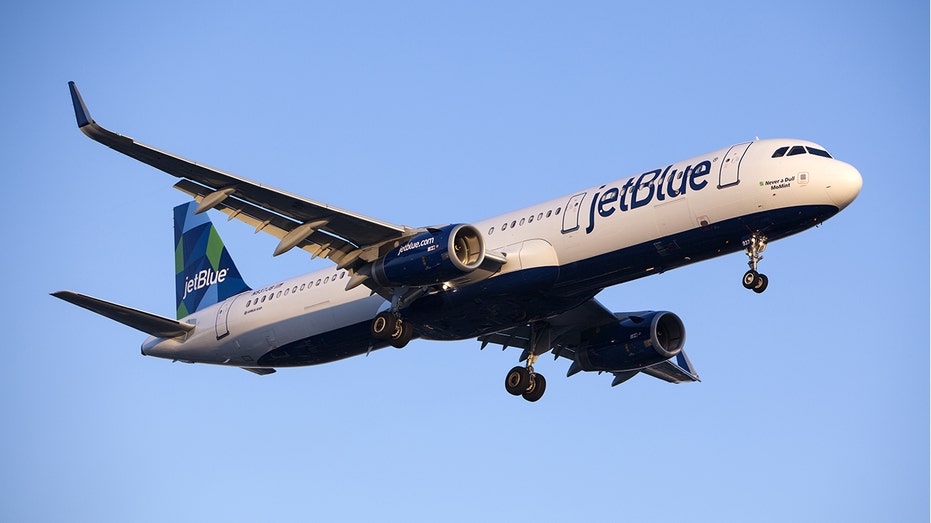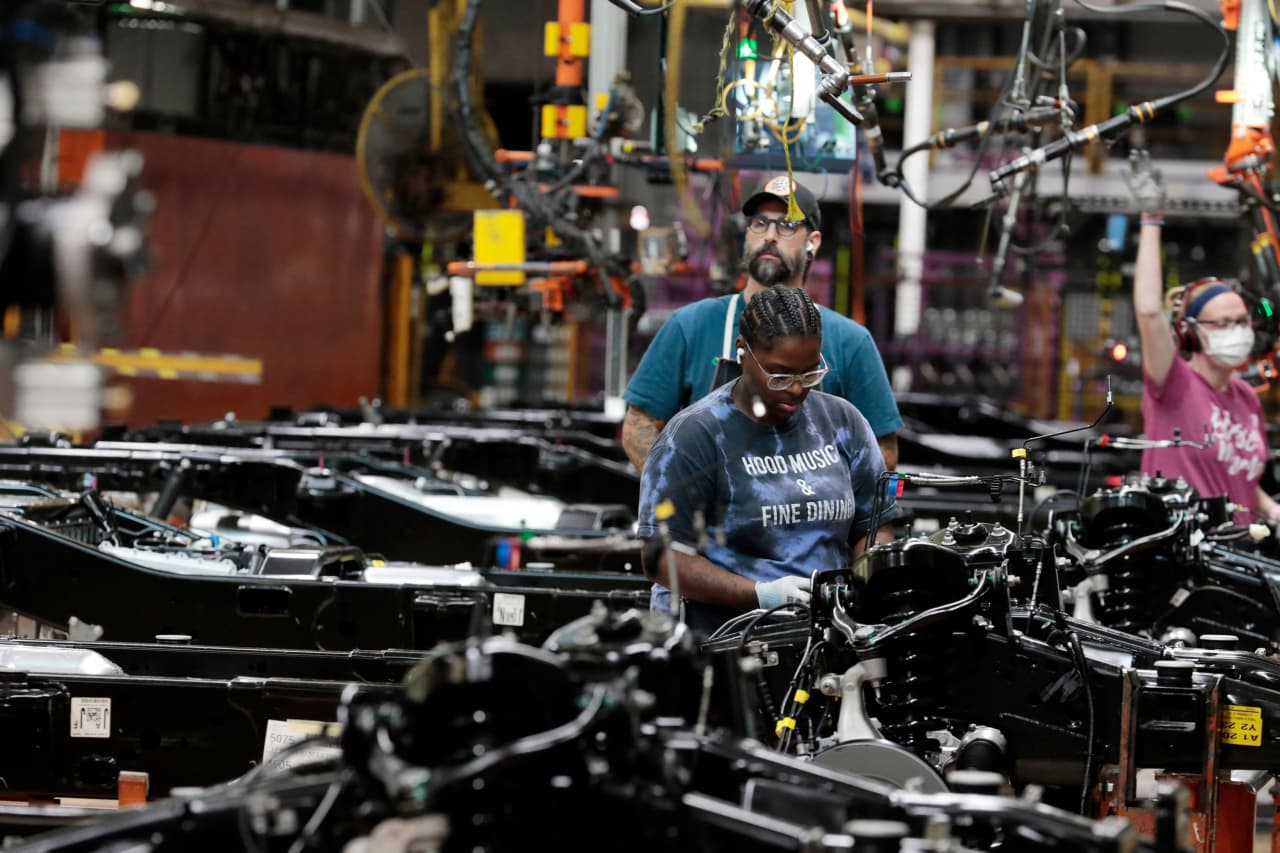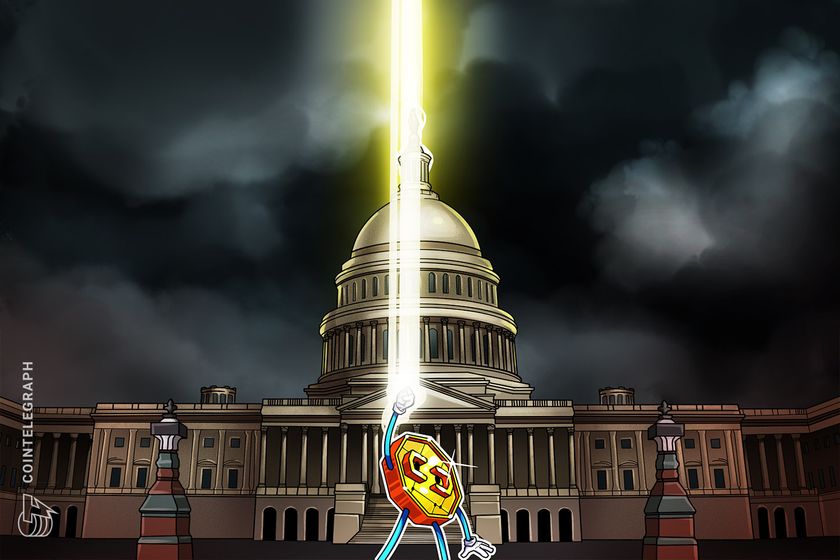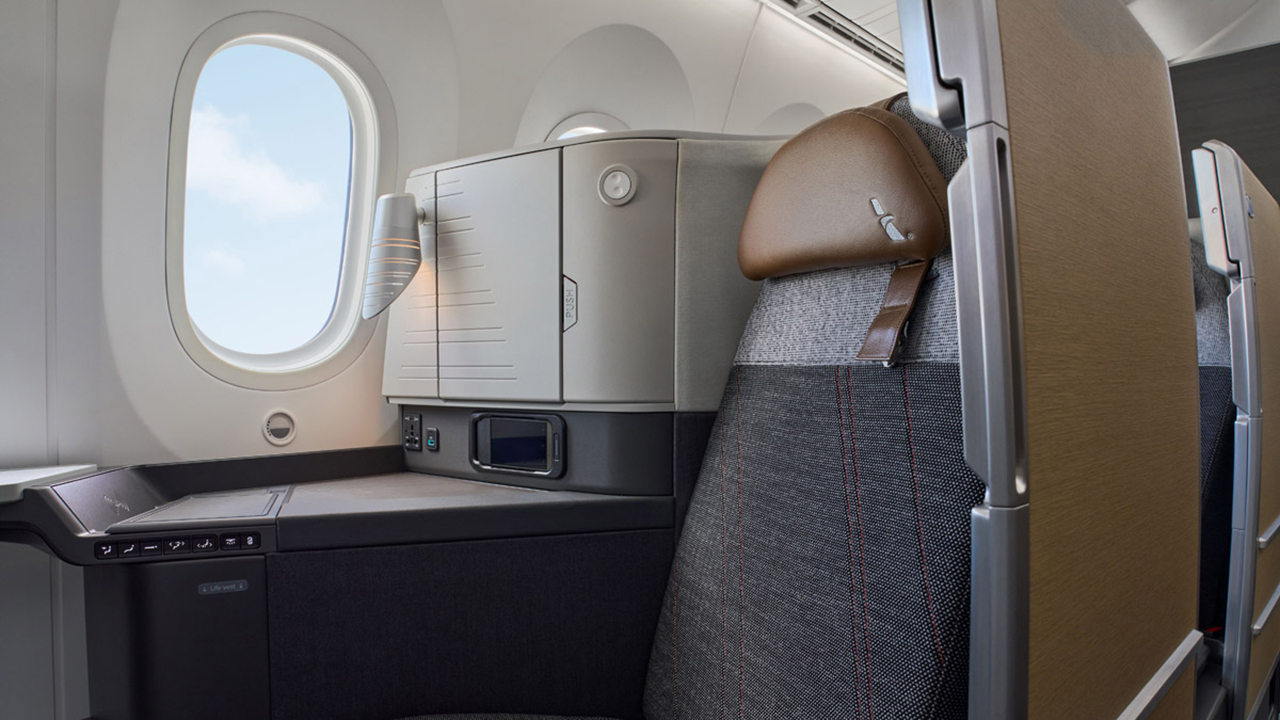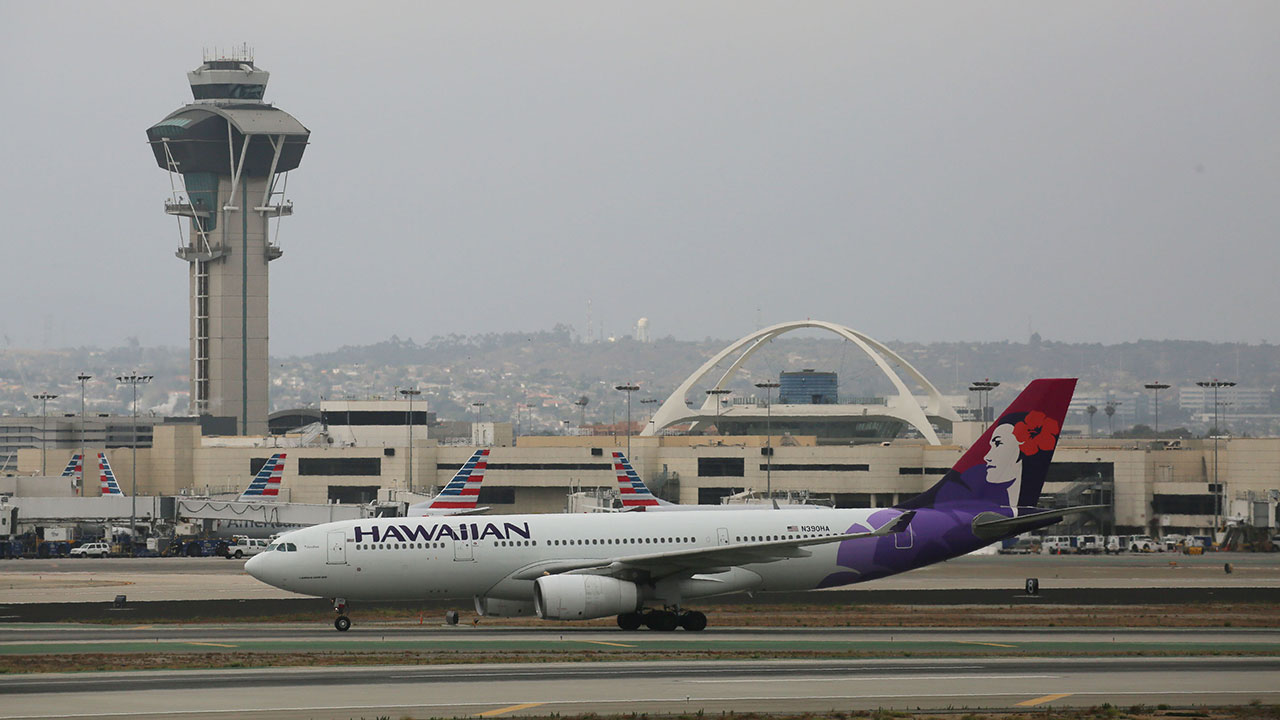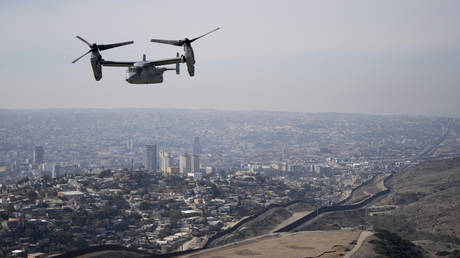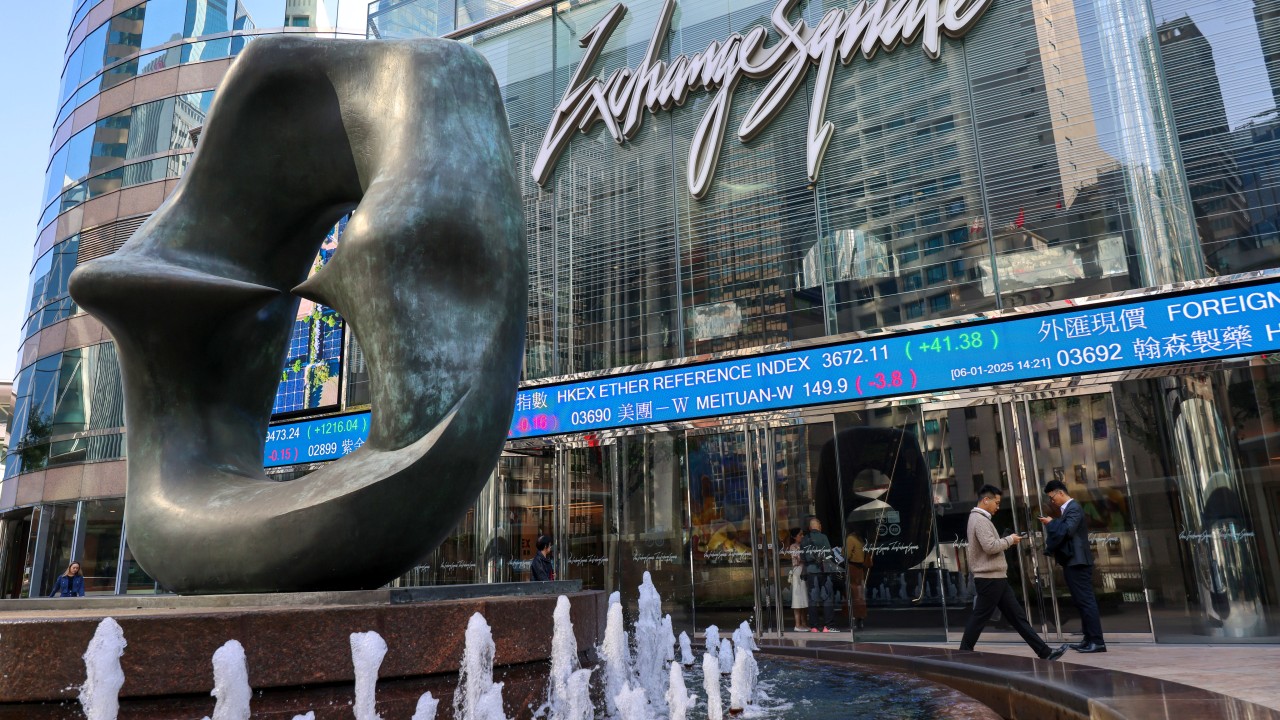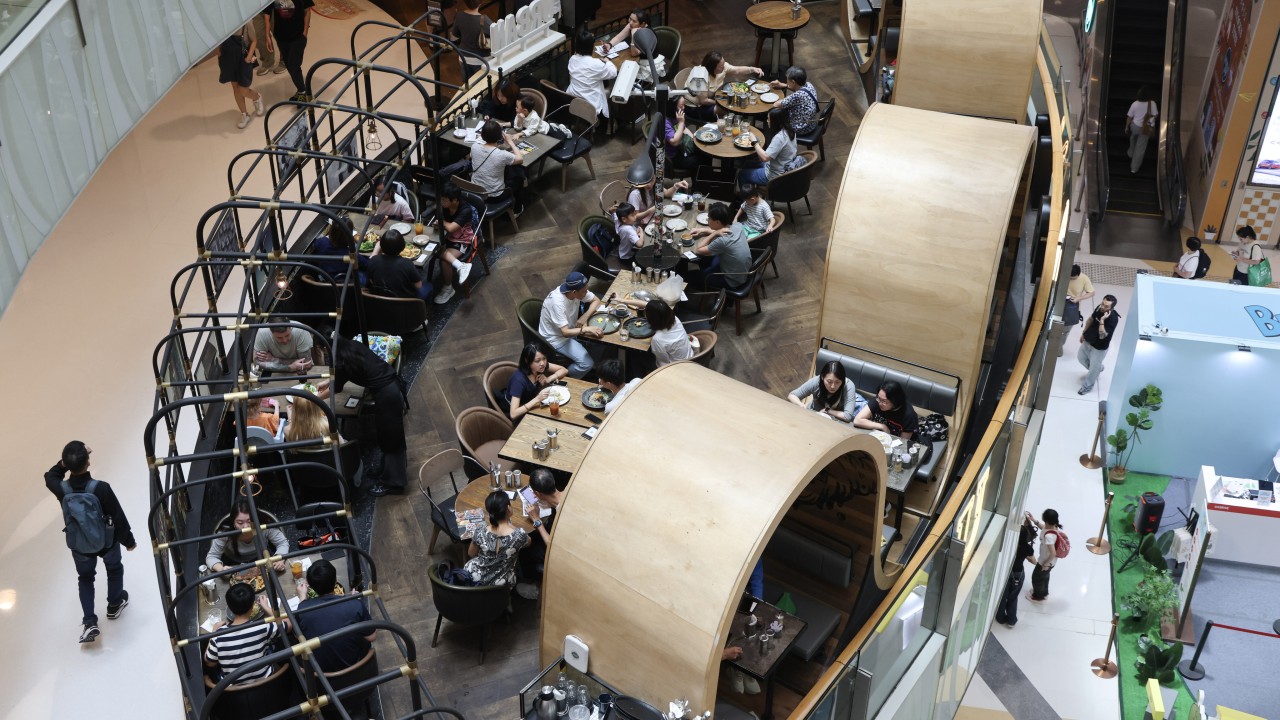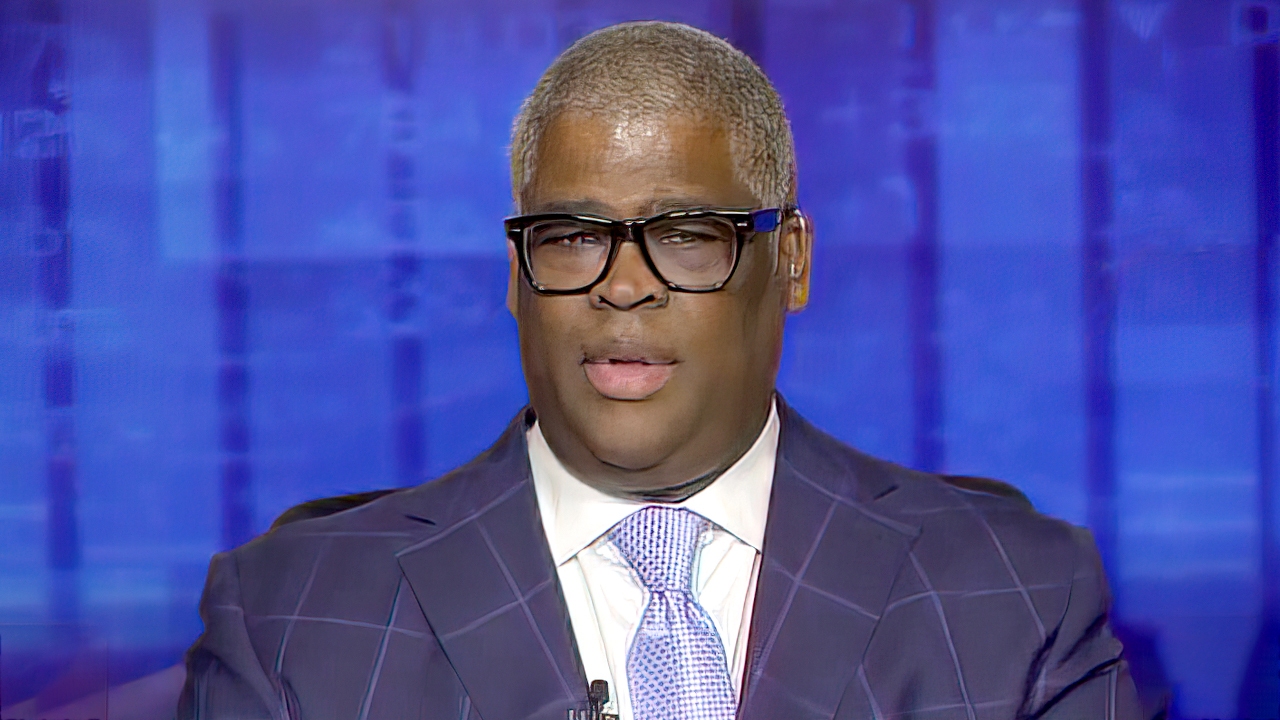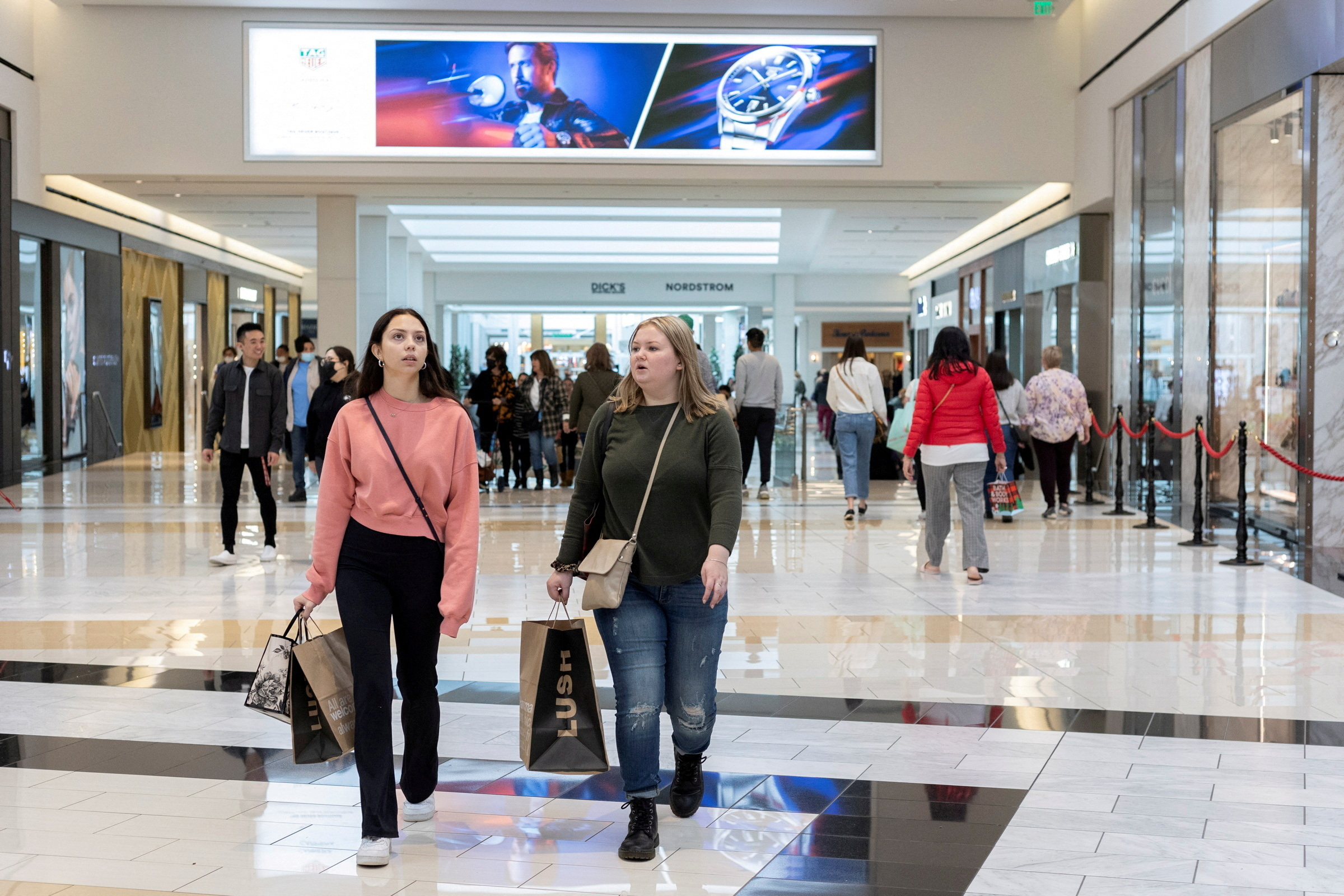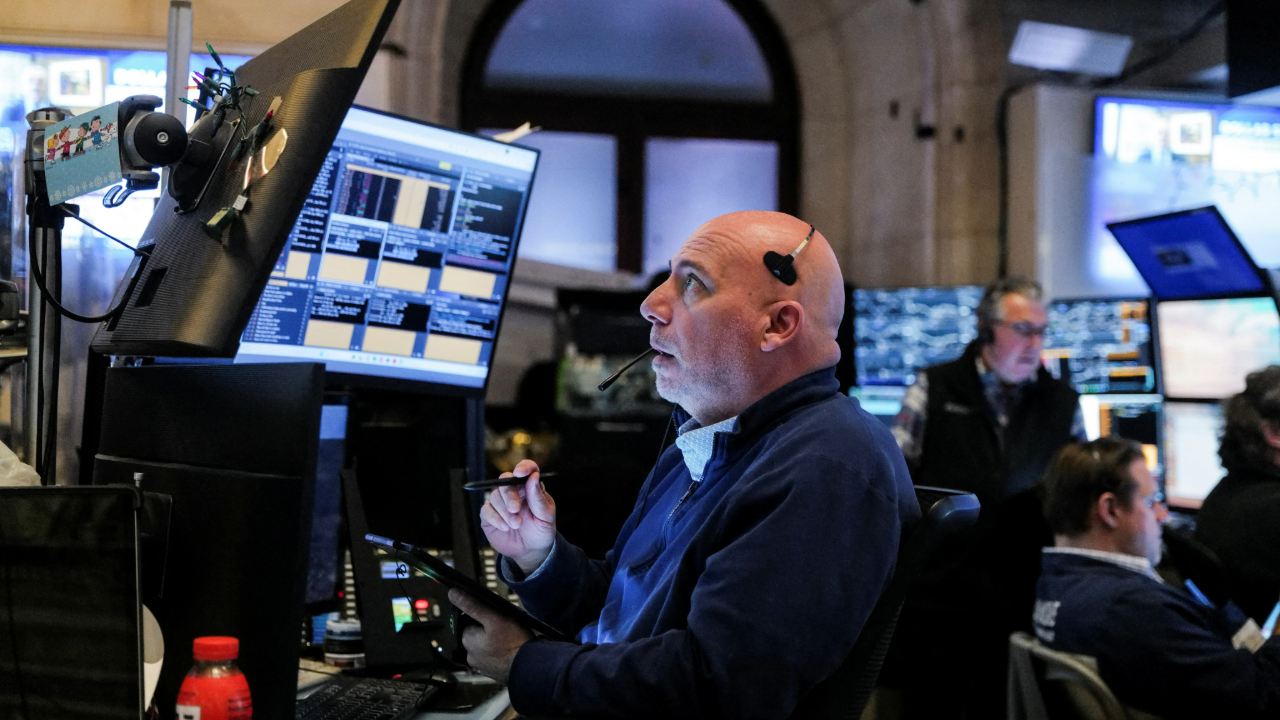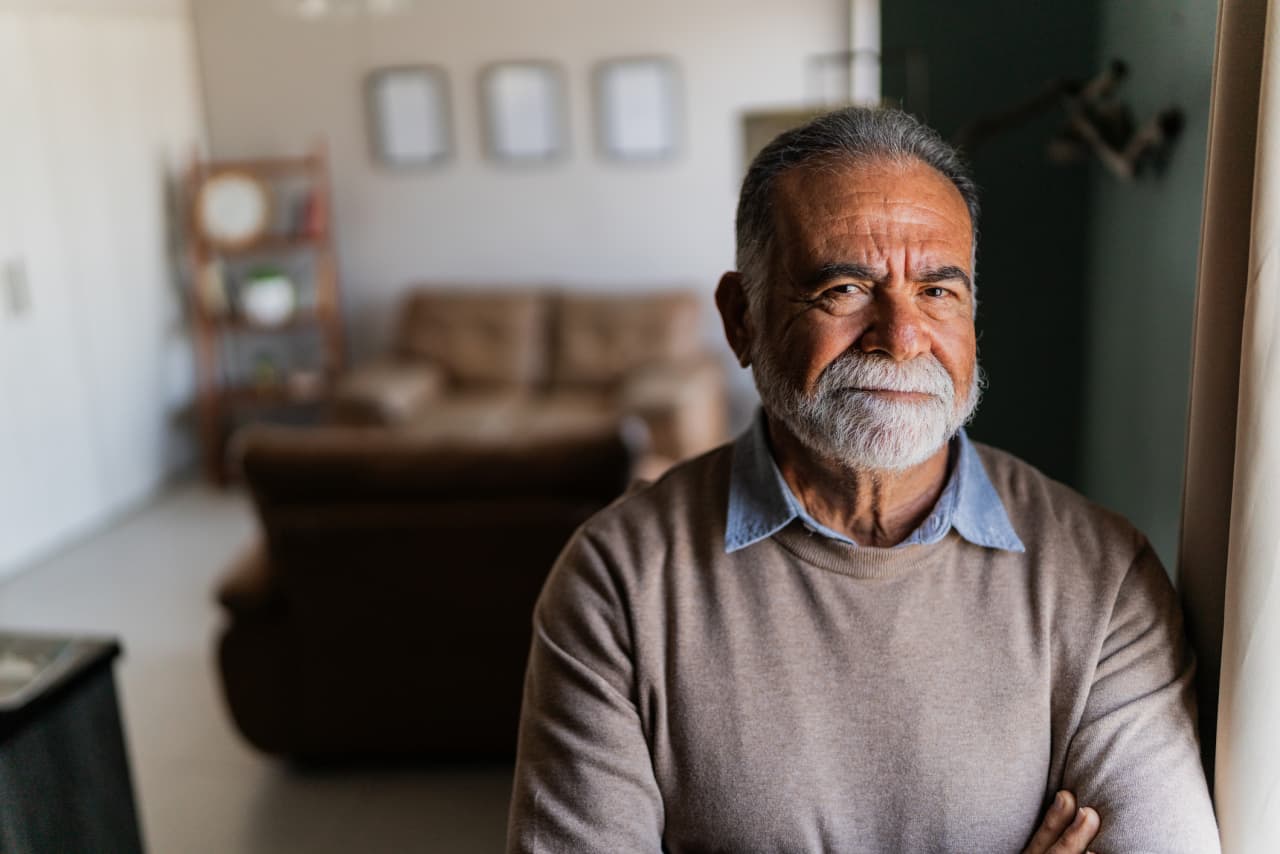Airport Detentions Have Travelers ‘Freaked Out’
Fears of being detained are in overdrive, even if the Trump administration insists that they’re overblown.

Jeff Joseph, a 53-year-old immigration attorney in Colorado, has recently started taking precautions while traveling abroad that, at another time, he would have considered a little paranoid. He leaves his phone at home. Instead, he carries a “burner’’—a device scrubbed of his contact list and communications—in case U.S. Customs and Border Protection officers send him to secondary inspection or seize his electronics when he returns home. Joseph told me his knowledge of immigration law has left him with less confidence, not more, about the risks of crossing U.S. borders during the second Trump administration.
“Among immigration lawyers who are well versed in this, and who know what happens in secondary, there’s a level of anxiety and panic that we’ve never seen before,” said Joseph, the president-elect of the American Immigration Lawyers Association. “Myself included.”
The anxiety is not limited to immigration lawyers. Ahead of summer travel season, online message boards have been humming with vacation worries and crowd-sourced advice. Users are telling one another to delete social-media accounts on their devices, turn off facial-recognition features to make it harder for officers to gain access, and pack photocopies of their personal documents, such as birth and marriage certificates.
Donald Trump, on his first day in office, ordered CBP and other federal agencies to intensify their screening of foreigners and immigrants. He has also promised to undertake the largest deportation program in American history, even if it means violating the constitutional right to due process, while directing the cancellation of visas for campus protesters. Since his return to power, accounts of travelers’ ordeals have routinely made the news.
In March, a German-born New Hampshire resident arriving at Boston’s Logan Airport was arrested and jailed, and now faces deportation, over a years-old marijuana charge. A Canadian woman detained at a Southern California border crossing spent nearly two weeks in a grim Immigration and Customs Enforcement lockup. A green-card holder from Ireland who has lived in the United States for 40 years was taken into custody last month at San Francisco International Airport because of drug convictions that had been expunged from her record, her family says. She is still in ICE custody and faces deportation.
[Read: Foreign tourists are taking Trump at his word]
Trump-administration officials insist that law-abiding travelers have nothing to fear and that news coverage of these incidents is overblown and incomplete. CBP says that its searches of electronic devices have not significantly increased. Officers do not detain travelers randomly, it says, and instead question or arrest people based on “derogatory” information that may be too sensitive to disclose publicly.
Nevertheless, the fears are real and, travel consultants and immigration lawyers told me, pervasive. They say their clients—foreign citizens residing abroad, green-card holders living in the United States, and even some U.S. citizens—are worried that their interaction with the blue-uniformed CBP officers stationed at airports and border crossings will end badly.
David Fishman, a travel consultant in Michigan, says he tells anxious planners to consider booking a domestic trip instead of going abroad, if only for peace of mind: “There’s a lot of places to go in the country. You can go up to Alaska; you can go over to Hawaii; you can go down to Saint Thomas and Puerto Rico.” None of those destinations requires travelers to stand in judgment before a CBP officer.
The arrivals hall of an international airport is one of the few places that Americans are likely to have a personal encounter with an armed representative of the United States government. It’s a stressful setting to begin with. Lines can be slow, and travelers are tired and eager to get home. Officers can take your passport and hold it hostage. The process was already fraught before the Trump administration made it feel like a charged political experience.
CBP officials say they have not issued specific new guidance to officers. But one of Trump’s January 20 executive orders directed agencies across the federal government to “identify all resources that may be used to ensure that all aliens seeking admission to the United States, or who are already in the United States, are vetted and screened to the maximum degree possible.”
Immigration attorneys also note Trump has curbed CBP officers’ ability to allow the entry of migrants or visitors using an authority known as “parole.” So travelers who do not qualify for admission to the United States are more likely to be handed over to ICE for detention and deportation. Although U.S. citizens cannot be denied entry to the United States, all other categories of noncitizens—even, in some cases, legal permanent residents with green cards—are at risk of being denied entry or deemed inadmissible by a CBP officer.
Under U.S. law, CBP has broad authority to confiscate and conduct warrantless searches on the devices of any traveler, regardless of citizenship. In an emailed statement from CBP, a spokesperson, Hilton Beckham, said that claims that CBP is searching more electronic media are false and that the device checks are necessary.
“These searches are conducted to detect digital contraband, terrorism-related content, and information relevant to visitor admissibility, all of which play a critical role in national security,” Beckham said. “Allegations that political beliefs trigger inspections or removals are baseless and irresponsible.”
CBP declined to provide statistics on the number of travelers it has referred to secondary inspection since January 20, nor how those figures compare with previous years. Trump’s Department of Homeland Security has been scrutinizing the social-media accounts of students and others for content that could be anti-Semitic, creating another rationale for officers to seek access to travelers’ devices.
“There is no room in the United States for the rest of the world’s terrorist sympathizers, and we are under no obligation to admit them or let them stay here,” a DHS spokesperson, Tricia McLaughlin, said in a statement.
The administration’s zeal for immigration enforcement and determination to crack down on pro-Palestinian protests arising from the war in Gaza have spawned worries that are more typical of authoritarian societies, where governments use border crossings as opportunities to intimidate and punish dissent. What if the CBP officer doesn’t like the traveler’s surname or tattoos? Or asks for their phone and finds a meme in their photos championing the wrong political cause? The concerns may not be fully warranted, but they exist.
[Caitlin Flanagan: Americans don’t do this]
“There is anxiety,” John Rose, the chief risk and security officer for the business-travel consulting firm Altour, told me. “People are nervous because of the way they look, or their names.”
Rose advises business travelers from small institutions up to Fortune 100 companies. They have so many questions that he’s been hosting group sessions to try to provide answers. “Some flat-out say, ‘I’m not okay traveling,’” Rose said. “You never want to see that.”
Rose said he’s seen no evidence that CBP is conducting more searches, or screening travelers more rigorously. Airline data compiled by his company don’t show a significant increase in rebookings for connecting flights, he said, which would be one sign that more travelers are being detained for lengthy questioning.
Rose tells clients who are not U.S. citizens to be especially careful about what might be on their mobile devices, and to be prepared to answer questions about their immigration record or criminal offenses in their past.
Harlan York, an immigration attorney in New Jersey, told me that travelers are “freaked out” but that the travel precautions he recommends have not changed, especially for noncitizens who may have something unsavory in their record. York said that there’s always been a risk that CBP might use the information to question them or deny them entry, and that just because it hasn’t happened in the past doesn’t mean it won’t in the future.
“If you speed every day on the highway and a cop finally pulls you over,” he told me, “you can’t say to the cop, ‘You never pulled me over before, and I’ve been speeding for years.’”
Bachir Atallah, a 41-year-old real-estate attorney who lives in Massachusetts, was returning on April 13 with his wife from a trip to Canada for Palm Sunday when CPB officers at a Vermont border crossing sent him for additional questioning. Atallah, a naturalized U.S. citizen who is a native of Lebanon, said he was handcuffed and treated roughly, then separated from his wife. His blood pressure spiked, and when paramedics arrived, they urged him to go to the hospital. He said he refused because he didn’t want to leave his wife in custody as officers questioned her and searched her phone.
The couple waited nearly five hours, Atallah said. Officers finally released them at nearly 11 p.m. but did not explain the reason for the detention. Atallah said he plans to sue the government, if only to try to clear his name.
“I keep asking myself: Why did they treat me this way?” Atallah told me. “That’s no way to treat an American citizen. That’s no way to treat a human.”
Some recent cases may have received more attention because the Trump administration’s broader immigration crackdown has put far more scrutiny on the kinds of arrests and deportations the government has always done. CBP’s detention of two backpackers from Germany who landed in Hawaii generated significant news coverage, for example, but CBP officers routinely scrutinize the travel plans of people who don’t have hotel bookings or reservations—a sign that they may be coming to work in the United States unlawfully.
The backpackers, who were sent to a detention center overnight and deported to Germany, denied that they’d planned to work and said their stop in the United States was meant to be part of an around-the-world odyssey.
Their case and others have generated negative press coverage in Europe, where travelers’ anxieties about mistreatment by U.S. authorities appear to be dragging down tourism. The number of overseas visitors arriving to the United States fell nearly 12 percent in March from the same month a year earlier, according to travel data from the U.S. Commerce Department.
U.S. airlines have not reported a downturn in outbound international bookings, despite the weakening U.S. dollar, according to Adam Sacks, the president of Tourism Economics, which provides data and consulting for the travel industry. Sacks told me that the industry is bracing for a slump, however, because consumer-confidence surveys have taken a negative turn and Trump’s tariffs are expected to drive up costs as they ripple through the wider economy.
[Read: Don’t look at stock markets. Look at the ports. ]
Industry consultants told me that the tourism and hospitality industry has been urging administration officials to do more to reassure travelers ahead of the 2026 World Cup, which will be hosted by the United States, Canada, and Mexico, as well as the 2028 Summer Olympics in Los Angeles.
Sacks said there has been some speculation among analysts that there could be a silver lining to the drop in international visitors “if U.S. residents decide to stay closer to home.”
Joseph, the Colorado immigration attorney, has wondered if his decision to travel with a burner phone may be unnecessary. During his presentation at a recent conference in Mexico, he asked an audience of fellow attorneys how many others had left their devices back in the United States. There were about 100 people in the room, Joseph told me, and at least 10 others raised their hands.
“While that may seem like a small number,” he said, “it is not something about which immigration lawyers have ever had to be concerned.”
What's Your Reaction?
















